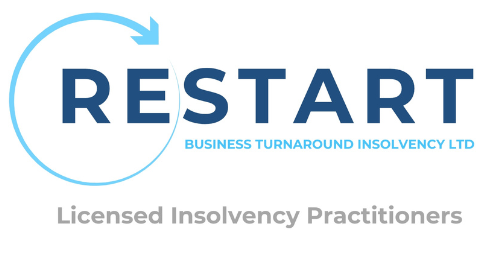Closing a Company: A Quick Guide

The process for closing a limited company depends on whether or not the company is solvent or insolvent.
Solvent Company
If your business is solvent and has net assets above £25,000 then a Member’s Voluntary Liquidation is the procedure used to wind the company up and distribute the net assets to shareholders in the most tax efficient way. Distributions are treated as capital distributions and are therefore taxed less than dividend distributions.
The procedure involves a Licensed Insolvency Practitioner who will be appointed Liquidator of the company following resolutions passed by shareholders. Following payment to creditors and shareholders, clearance will be requested from HM Revenue & Customs to close the liquidation and when it is received, the liquidation will be closed. The company will then be dissolved three months later.
Restart BTi charges a fixed fee for MVLs starting at £1,500 plus VAT and disbursements for straightforward cash distributions to shareholders. Where the case involves other asset realisations, distributions to creditors and distributions in specie, the process starts from £1,900 plus VAT and disbursements.
If your business has net assets of less than £25,000 then the shareholders can obtain the same tax benefits without placing the company into Members Voluntary Liquidation. Instead, a request can be made to HMRC for clearance to distribute the assets as capital.
Alternatively, if it’s tax effective to do so, dividends can be paid to shareholders which will leave the company with no assets or liabilities. The company can then simply be dissolved.
Insolvent Company
If a company is insolvent then the directors should take steps to place the company into liquidation. Ordinarily this is done by a Creditor’s Voluntary Liquidation. This procedure also involves a Licensed Insolvency Practitioner who will be appointed Liquidator of the company following resolutions passed by the shareholders and creditors.
Once appointed, the liquidator has a duty to realise the assets and distribute the proceeds to creditors should funds allow. A liquidator also has a duty to conduct an investigation into the circumstances that resulted in the failure of the company.
If the directors do not take such steps, then creditors are able to issue a winding up petition against the company which will result in a Winding Up Order being made against the company and the company being placed into Compulsory Liquidation.
For companies with no / minimal assets and a limited number of employees and creditors we provide this service for a fixed fee of £3,000 including disbursements and VAT. For more complex cases contact us to provide a quote.
Dormant Company
A simple request for the striking off of a company can be made to Companies House and if no objections are received the company will be dissolved.
News...

Established in 2018, the directors at Restart BTi have over 50 years of experience to assist companies, business owners and individuals with expert advice and tailored solutions when facing financial difficulties.